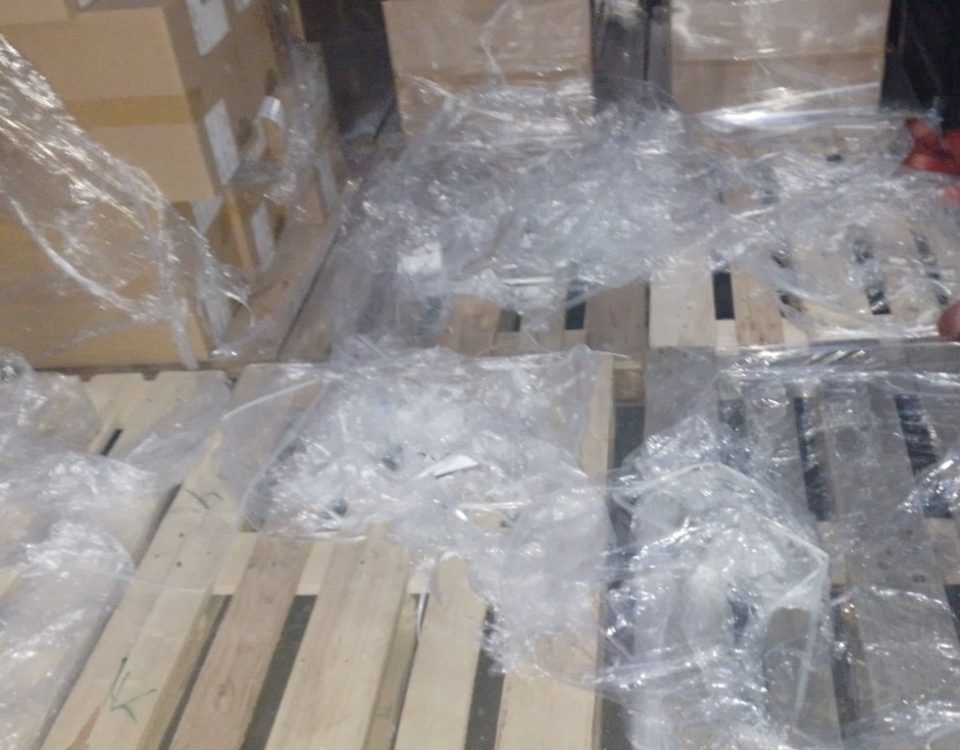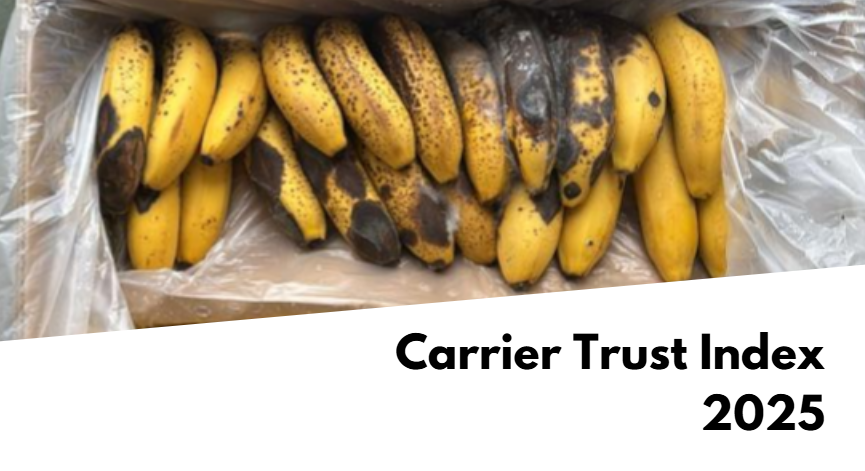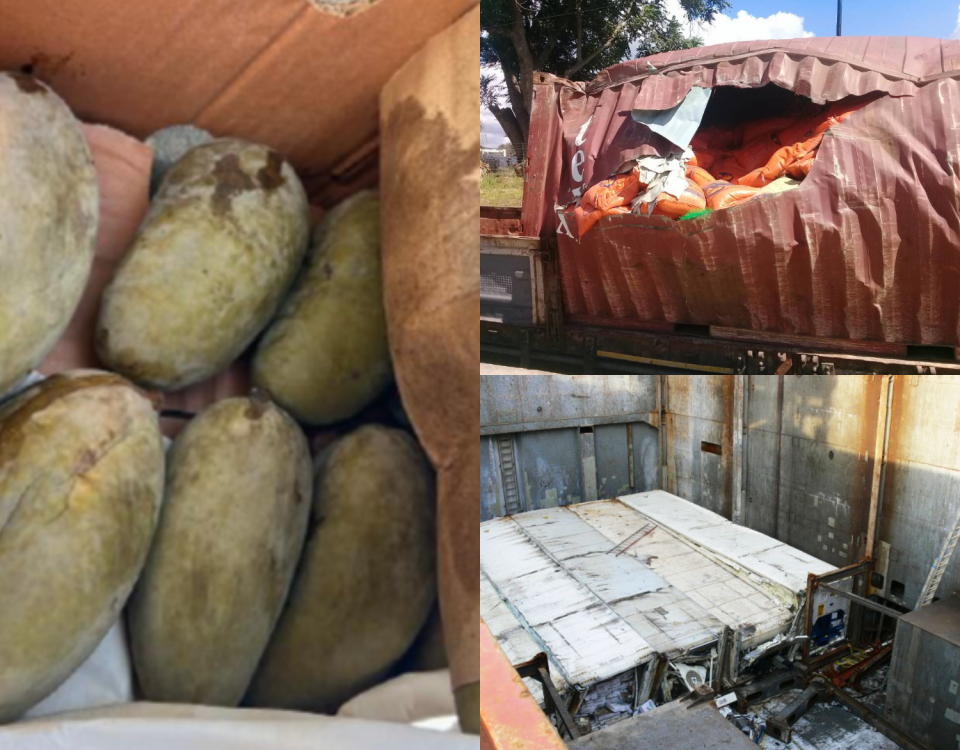2 Essential Components for a Winning Survey Report

Win Your Banana Claims Against Carriers with These Tips
November 17, 2023
Accelerate your Claims Recovery in 4 Steps
December 1, 2023Merely 2% to 10% of cargo containers undergo physical inspections on a global scale. This minimal inspection rate exposes a significant risk of cargo damage. Take charge of your cargo’s destiny—don’t rely solely on authorities. Initiate a cargo survey yourself if you suspect potential damage to your cargo.
Another challenge arises when cargo damage is substantial or mandated by the cargo insurance policy, leaving the recipient with no alternative but to engage a cargo surveyor. The survey cost can escalate to $1200 per reefer box, and slightly less for dry cargo.
Let’s focus on understanding the essential information to include in the survey report. This ensures clarity regarding the outcome rather than just possessing a document. More often than not, survey reports may lack precision, omitting explicit details on the extent of damage and failing to identify the responsible party. Such vagueness often results in the rejection of cargo claims by either the liable party or the cargo insurer, hindering the process of cargo claims recovery.
Ensure that each survey report you pay for includes the following critical information:
1. Clearly outline the extent of cargo damage (e.g., 60 bags of coffee rendered wet with no salvage possibility, 13 boxes pilfered, etc.).
2. Identify the party responsible for the damage (e.g., damage occurred during loading/discharging operations at the terminal, water infiltration through the rusty container roof, etc.).
Always demand a preliminary survey report from the Surveyor for your review. Verify that the final report covers the two aforementioned aspects, and avoid contradictory statements, such as Surveyor claiming not to have surveyed the cargo but expressing opinions on the damage. Vague cargo survey reports hold no legal weight.
Even if your insurer pays the Surveyor, take charge of overseeing the statements in the survey report. If the Surveyor consistently attributes damage to condensation without physically being present, this can lead to incremental increases in the loss ratio. This is crucial as condensation is often considered the insured party’s fault, and water ingress is not. Additionally, be mindful of cargo insurance policies where deductibles for specific cargo damage types may be considerably higher than others.
Note: Be well-prepared before entering into disputes regarding cargo damage or dealing with insurers. Exercise control over survey reports to strengthen your position in cargo claims and cargo claims recovery.
Recoupex is a hub of transport lawyers – experts in cargo claims. We assess your case quickly. We have successfully recovered claims from Maersk, Sealand, Hapag-Lloyd, Mediterranean Shipping Company – MSC, CMA CGM, and other carriers.


